Singaporean Politics in 2024: Preparing for the Big Election
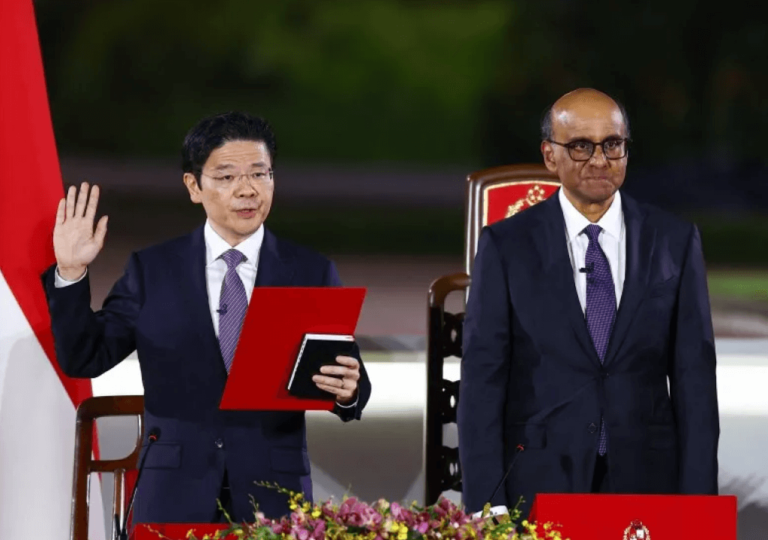
Explore the significant political developments in Singapore as parties prepare for the pivotal general election in 2025

Explore the significant political developments in Singapore as parties prepare for the pivotal general election in 2025
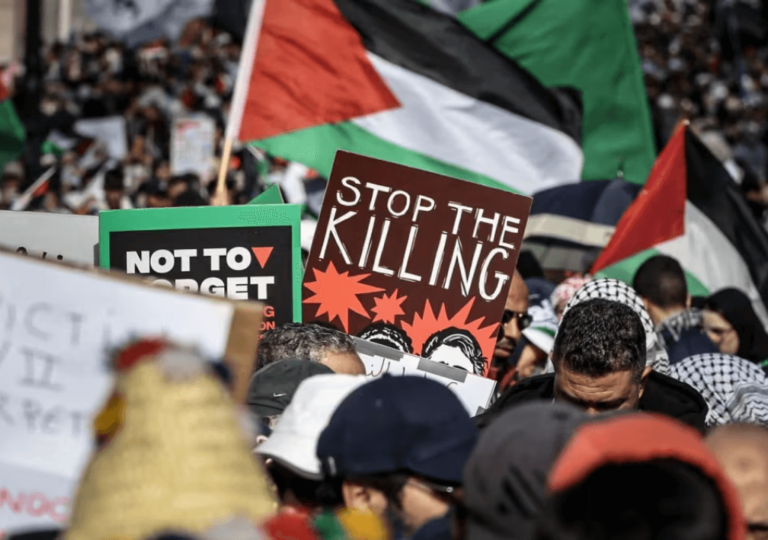
Singapore maintains a cautious stance on the Israel-Hamas conflict, advocating for Palestinian sovereignty while withholding formal recognition of Palestine
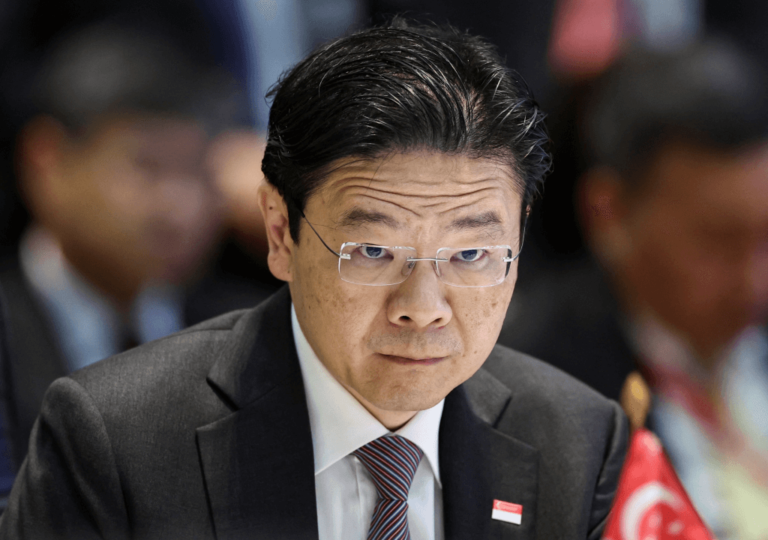
Singapore's PAP faces challenges as opposition gains ground; new PM Lawrence Wong pushes for reforms ahead of the 2025 election
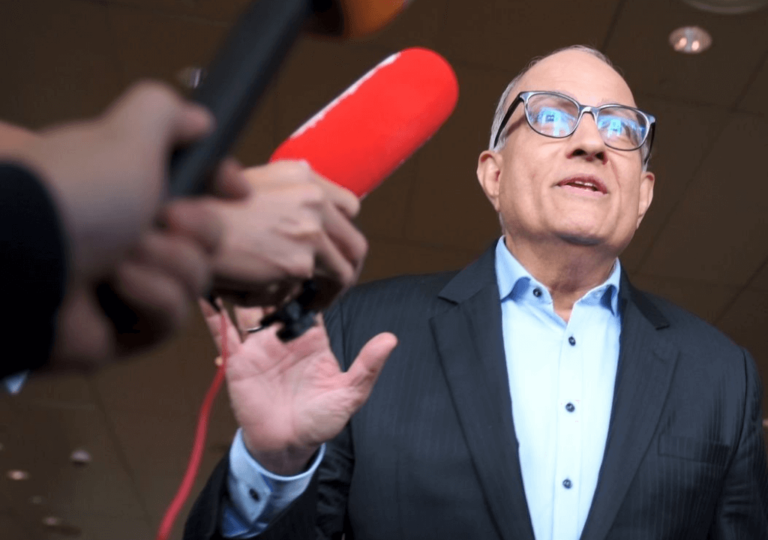
Former Singaporean minister S. Iswaran sentenced to 12 months in prison for accepting over $300,000 in gifts and obstructing justice
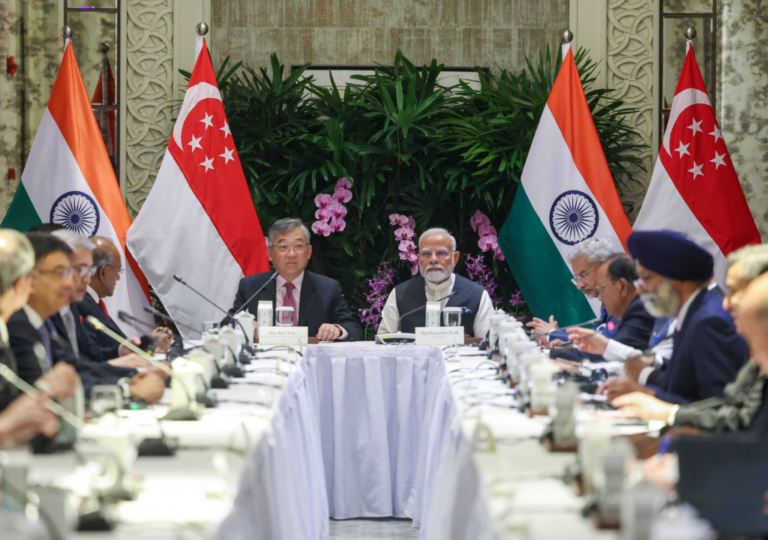
Singapore strengthens ties with India, signing agreements on semiconductor cooperation and exploring collaboration in technology and green energy
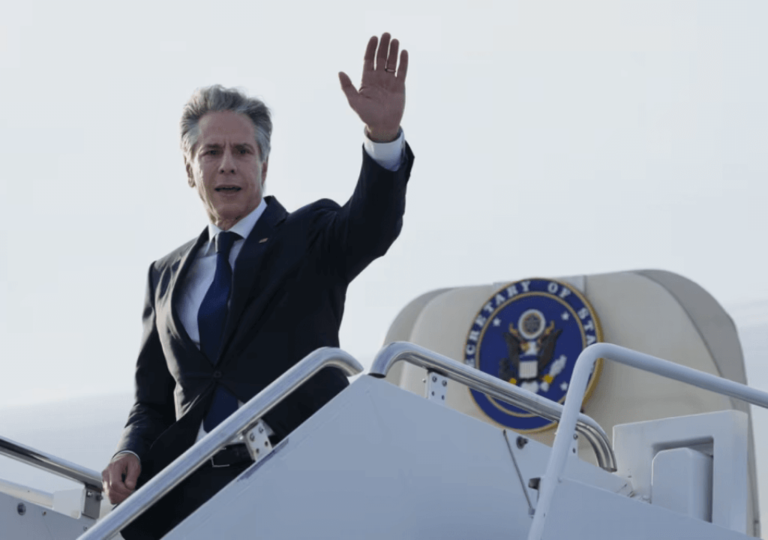
U.S. Secretary of State Antony Blinken visited Singapore to strengthen Indo-Pacific ties
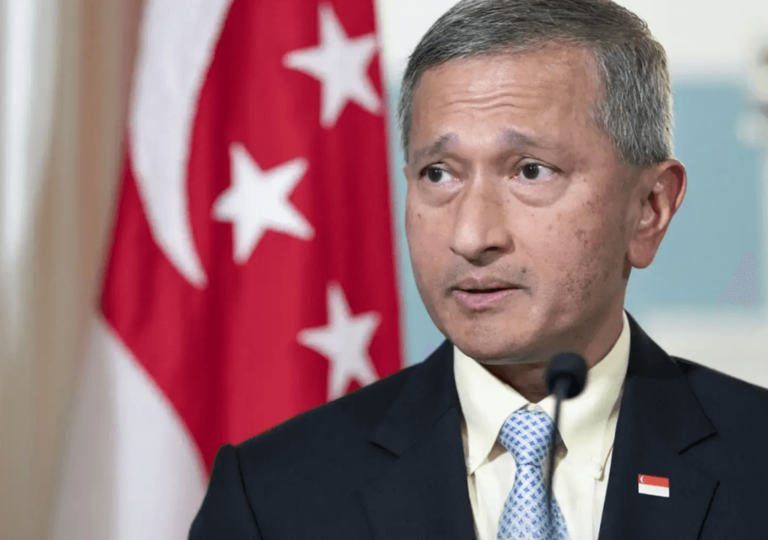
Singapore to recognize Palestine if effective government formed, denounces terrorism and accepts Israel's right to exist
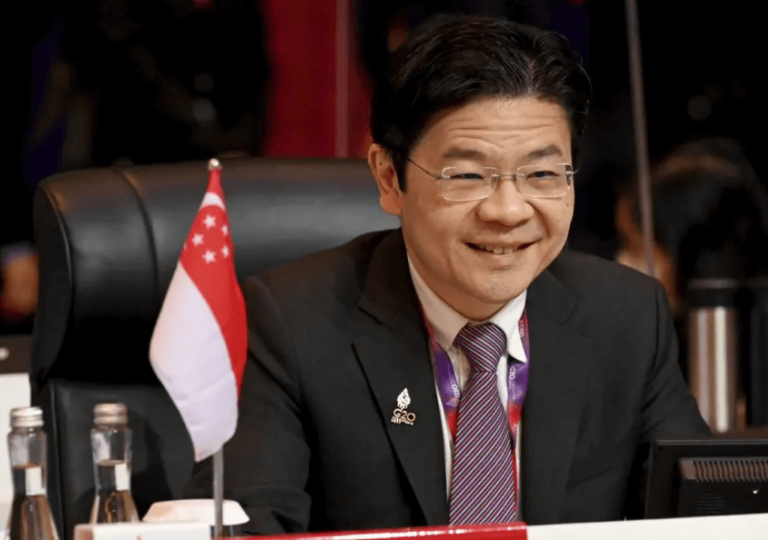
Singapore's general election may be held earlier than expected, with analysts suggesting a possible call as early as September.
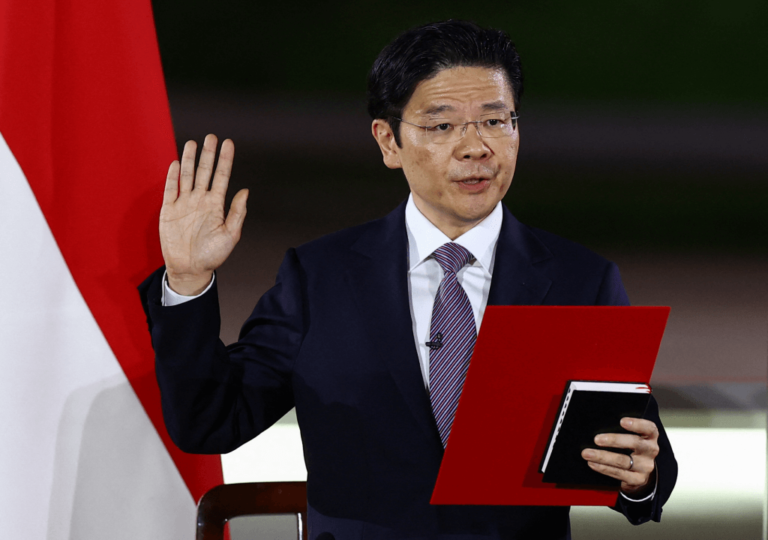
Singapore's PM Lee Hsien Loong steps down after 2 decades, passing the baton to Lawrence Wong, emphasizing continuity.
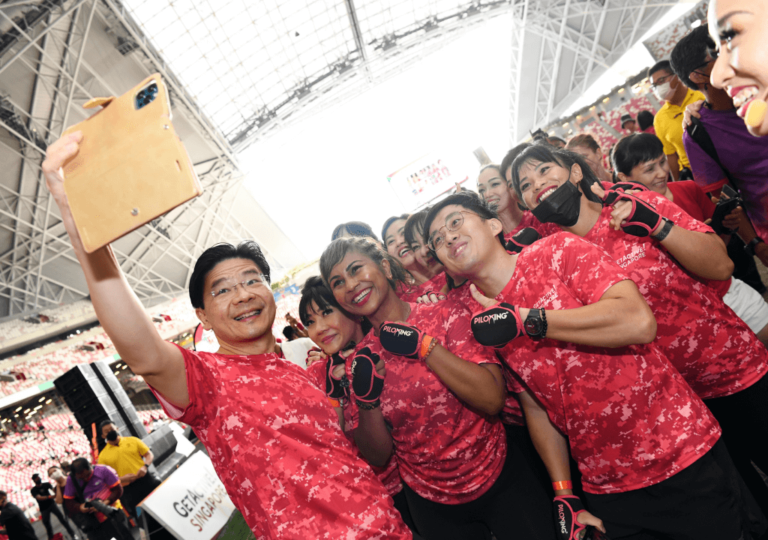
Singapore's DPM Lawrence Wong boosts social media presence to appeal to Gen Z voters ahead of 2025 election.